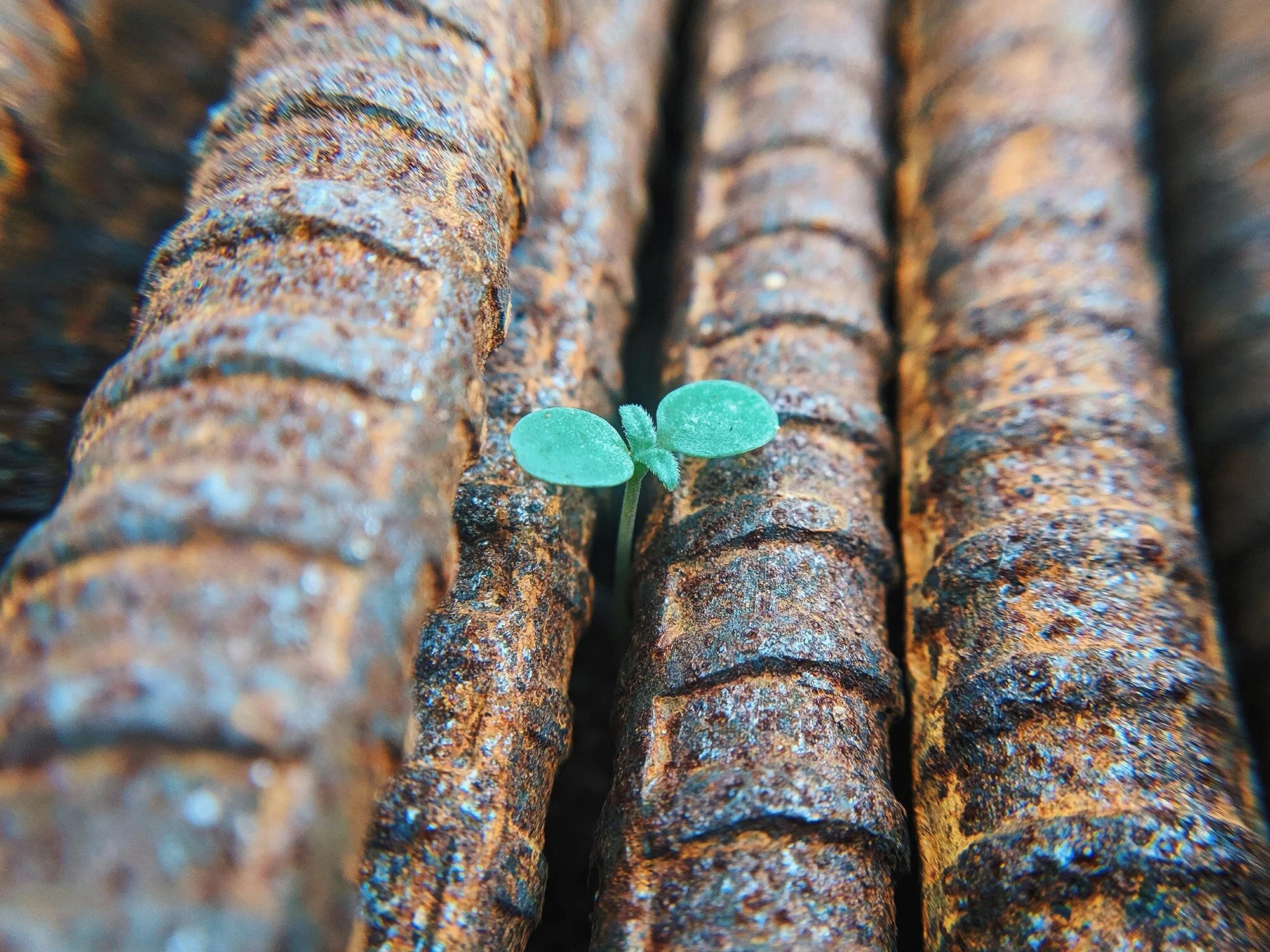It’s Not Over—Yet
Photo by Faris Mohammed on Unsplash
Yes, by now we hoped it would be.
Promising vaccines—amazingly effective and quickly rolled out—showed up like a long-yearned-for spring. Yet, for all the astonishing good they have done—the deaths headed off, the remarkable layer of protection they offer—they haven’t returned life to normal.
Not yet. Writing in the New York Times, Gina Kolata notes how the Covid-19 virus has “humbled experts who once confidently predicted its course.” She quoted one historian of medicine at Johns Hopkins: “What we are living through now is a new cycle of collective dismay.”
He meant how we struggle still with canceled parties, postponed family get-togethers, wary gatherings, a hovering fear of disease and dying, and, of course, the grief. Who of us doesn’t know someone whose life got cut short by the virus?
Then there’s the frustration felt by the vaccinated with those who refuse to get a shot. The weird theories of the resistant. The way the emotional temperature spikes in most any room when the conversation turns to the microscopic contagion.
No, it’s not over yet.
But I want to tweak that phrase so that it instead reads, “It’s not over, but. …”
A lot of meaning can follow that substituted three-letter word. (I couldn’t see the sun all night, the quip goes, but then it dawned on me.)
Seriously, I tell myself, there are things for me to learn and come to appreciate in the coming winter of our Covid discontent. I think we might meet the pangs and challenges of this time with a little more steadiness if we called that to mind more often.
And I’m thinking of spiritual resources for the war against the disease. Every now and then I have the good sense to ask in prayer, “How can I find ways to grow, become a deeper person in all this?”
Tish Harrison Warren, writing in the New York Times, even wondered out loud about the unlikely-seeming good in all this for our children. Yes, the ones we worry will contract the virus.
“In fact,” she writes, “maybe, that’s part of their learning to be citizens in a world that is broken and bleeding. We want to teach our kids to look for light in the darkness, and to do so, we have to let them admit that things are dark.”
She keys off an author to suggest that “just as spending a full month in bed reading books or watching TV leads to muscle atrophy and weakening of our bones, a life without stressors — without disorder, challenges and even suffering — makes us weaker and more brittle as human beings.”
It’s hard, I know. But suffering is not the ultimate enemy. Not when it produces growth, deeper souls, and on some days more aching, heartfelt praying. Nothing likely to make me ask questions about what matters most in life is unalloyed calamity.
I wish the suffering and anxiety was over. But, I want to tell myself again, however long the virus lingers, I still will watch for signs of good, still try to stay open to hard moments that become goads for growth.
